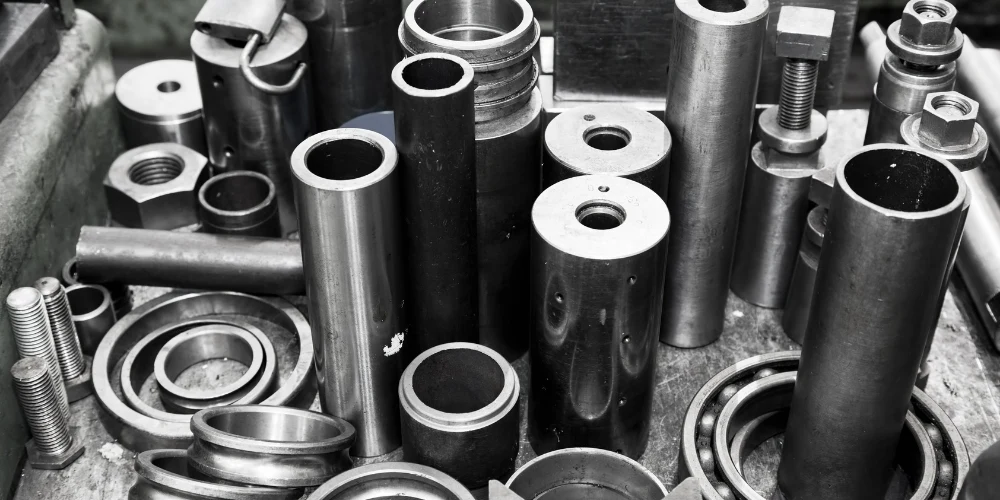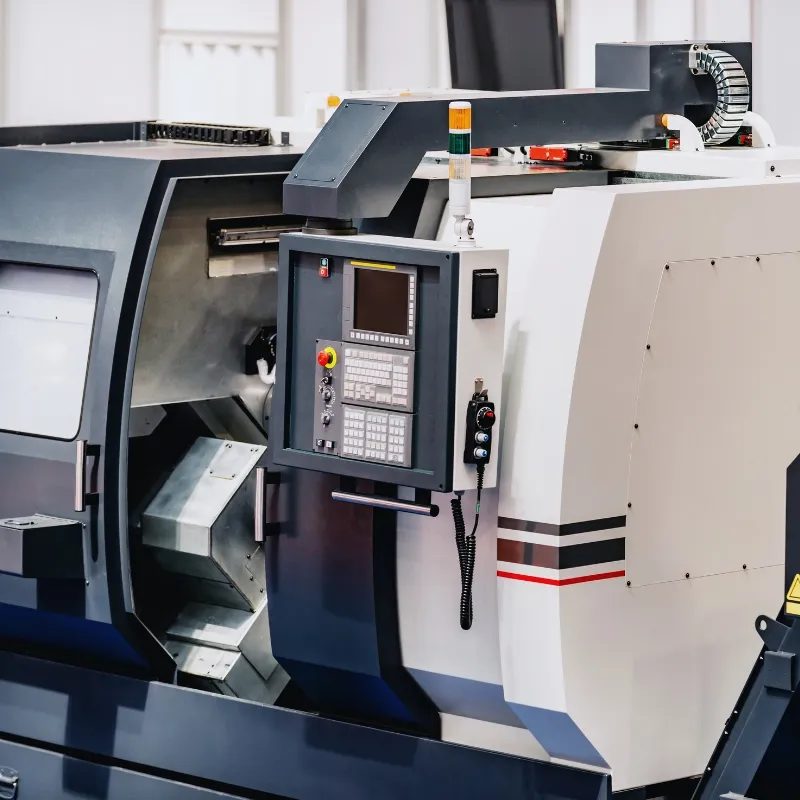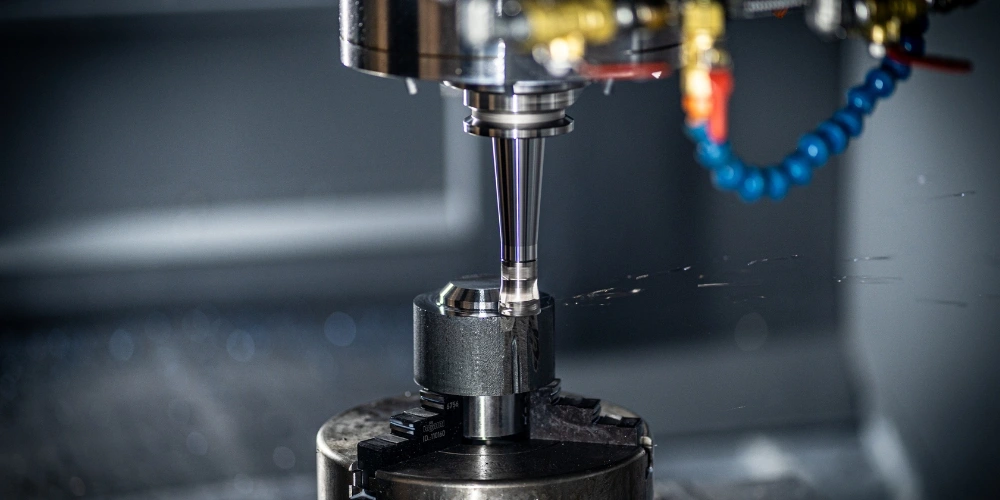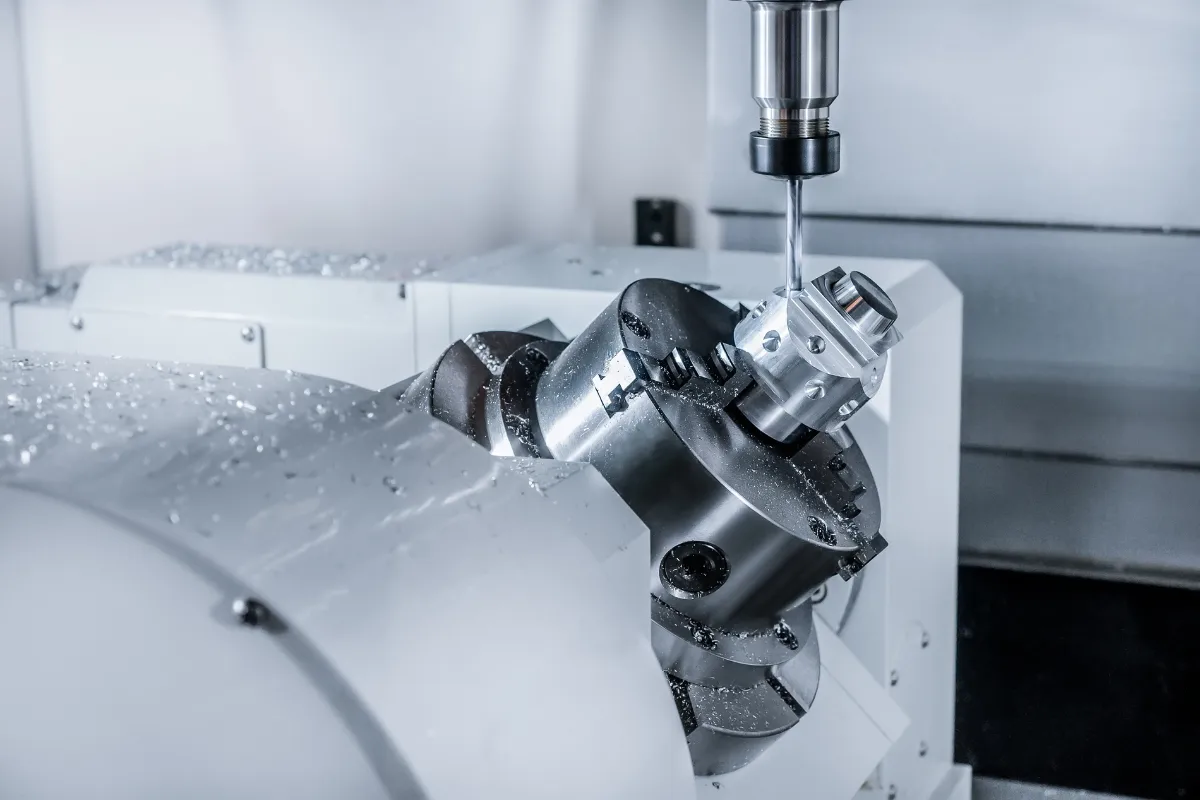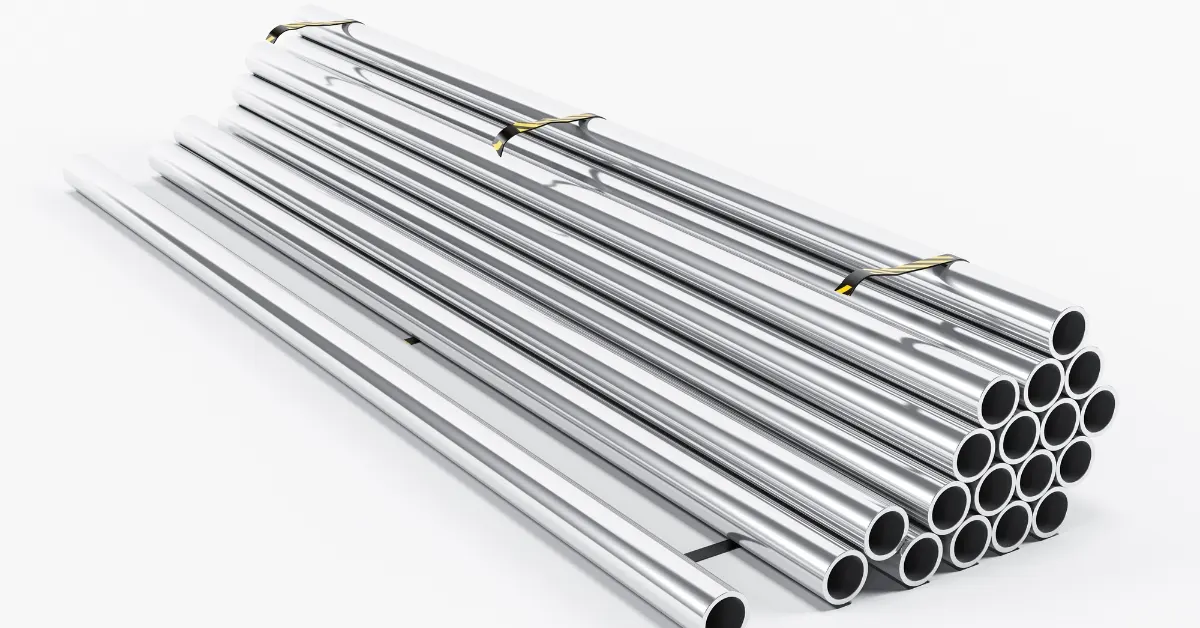Precision Plastic Injection Molding: Key to Modern Manufacturing
Discover how precision plastic injection molding transforms industries with efficient, customizable, and high-quality parts. Learn about its pivotal role in modern manufacturing in our detailed guide.
Understanding Plastic Injection Parts
Plastic Injection Parts are meticulously crafted components produced through the injection molding process, utilizing various plastic materials. This manufacturing method allows for the creation of precise, durable, and versatile parts used across numerous industries.

Advantages of Plastic Injection Parts
Plastic Injection Parts offer several advantages, including cost-efficiency, design flexibility, and the ability to produce complex geometries. Their lightweight nature, corrosion resistance, and durability make them suitable for diverse applications.
Types of Plastics Can Be Used for Injection Molding
The choice of plastic material depends on the specific requirements of the project. Common options include Polyethylene (PE), Polypropylene (PP), Acrylonitrile Butadiene Styrene (ABS), Polycarbonate (PC), and more. Each material offers distinct properties to meet various needs.

Plastic Injection Compared to Other Manufacturing Methods
Plastic injection molding stands out for its high production efficiency, low waste generation, and the ability to create intricate designs. It often surpasses alternative methods in terms of cost-effectiveness and precision.
The Key Steps in Plastic Injection Molding
The plastic injection molding process consists of several stages, including material preparation, injection, cooling, ejection, and quality control. Each step is crucial to ensure the final product meets stringent standards.

The Industries Rely on Plastic Injection Parts
Plastic injection parts find applications in a wide range of industries, including automotive, aerospace, electronics, medical devices, and consumer goods. Their versatility makes them indispensable across various sectors.
Customizability of Plastic Injection Parts
Absolutely. Plastic injection parts can be tailored to meet specific design requirements. Customization options include color selection, surface finishes, and material additives to enhance properties like UV resistance or flame retardancy.

Environmental Considerations for Plastic Injection Parts
Plastic injection molding can be environmentally friendly when managed responsibly. Recycling and reusing materials, as well as optimizing production processes, contribute to reducing environmental impact.
Quality Assurance in Plastic Injection Parts
Quality assurance in plastic injection parts involves rigorous testing and inspection. Advanced technologies, such as quality control machines and skilled technicians, ensure that every part meets stringent quality standards.
Emerging Future Trends in Plastic Injection Molding
The industry is continuously evolving, with trends like biodegradable plastics, 3D printing integration, and sustainable manufacturing practices gaining prominence. Staying updated on these trends is vital for informed decision-making.

Comprehensive Guide to Custom Plastic Injection Parts from Manufacturers
Define Component Specifications: Express intricacies while mindful of industry benchmarks and regulatory standards.
Select a Distinguished Manufacturer: Conduct thorough research, opt for proven expertise, relevant certifications, and gather positive reviews.
Collaborative Design Effort: Engage in design intricacies, material selection, and prototype development alongside the chosen manufacturer.
Material Selection: Choose materials judiciously, considering compatibility with injection molding and specific application requisites.
Mold Design Alignment: Work closely on mold design, ensuring precise alignment with specifications and upholding elevated quality standards.
Production Process Discussion: Delve into discussions about machine capabilities, production volume, and stipulated lead times.
Implement Quality Control Measures: Establish robust quality control measures and testing protocols to ensure the excellence of final components.
Detailed Cost Estimate: Obtain a meticulous cost estimate, factoring in material costs, tooling expenses, and potential additional charges.
Finalize Terms and Conditions: Conclude negotiations by finalizing delivery timelines, payment terms, and warranty agreements.
Monitor Production Closely: Keep a vigilant eye on the production process, conduct regular quality checks, and ensure timely shipping and delivery.
Conclusion
Plastic Injection Parts offer a world of possibilities in manufacturing. Their versatility, coupled with the ability to customize, makes them a valuable choice for a multitude of applications. At HDC, we pride ourselves on our 13-year legacy of excellence in crafting tailor-made components. Our state-of-the-art manufacturing facility and expert team ensure that your project’s needs are met with precision and innovation. Experience the HDC CNC Machining difference, where your vision is transformed into reality. Contact us today to explore how plastic injection molding can benefit your projects.
